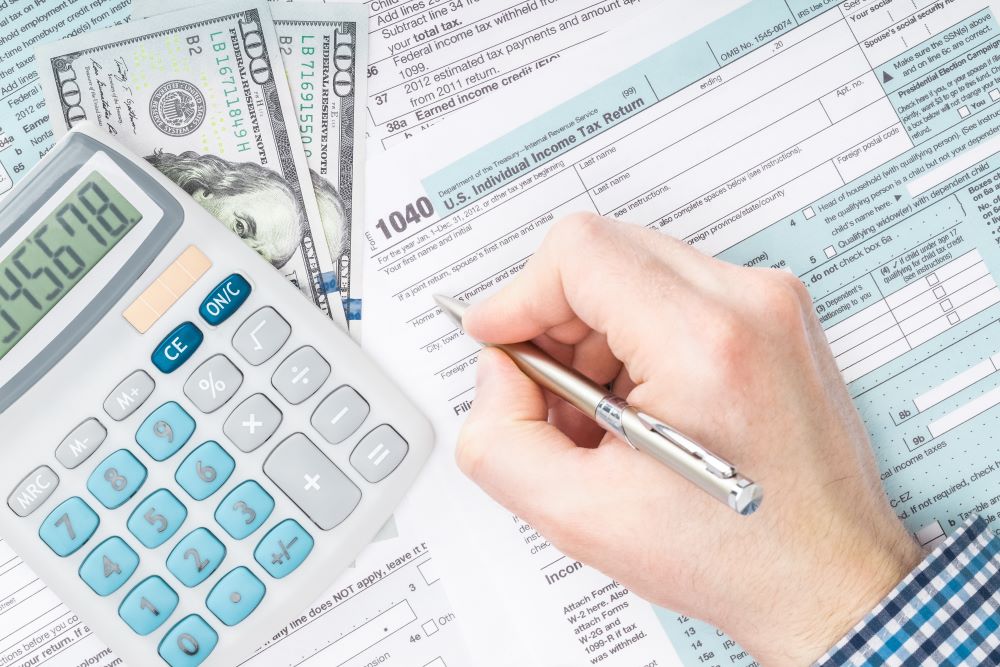Proposed Tax Changes for Individuals in the Build Back Better Act

The Biden Administration’s Build Back Better Act (the Act) is designed to reduce costs, create new jobs, and cut taxes for working families. In addition, there are proposed investments in health and childcare, higher education, workforce training, and teachers and schools. The cost of the legislation, which is estimated at $3.5T, will be paid for by increased taxes on corporations and the wealthiest Americans.
If passed, it may mean a significant tax increase for many New Jersey and Pennsylvania-area individuals. We previously blogged about the proposed business changes in the Act; today, we have summarized the key details affecting individuals below as drafted by the House Ways and Means Committee.
Individual Income Taxes
- Increase the maximum individual income tax rate to 39.6% for single filers making more than $400,000, head of household filers making more than $425,000, and joint filers making more than $450,000
- Create a surcharge of 3% on modified gross adjusted income over $5 million
- Bar Individual Retirement Account (IRA) contributions when account balances reach $10 million and accelerate required minimum distributions for those accounts
- Limit “back-door” Roth IRA conversions for those making over $400,000 ($450,000 for those filing jointly).
- Extend the expansion of the Child Tax Credit under the American Rescue Plan Act (ARPA) through 2025 and make the entire credit fully refundable permanently
- Make the ARPA temporary expansion of the Earned Income Tax Credit permanent as to eligibility, phase-in rates, and amount
- Make ARPA modifications to the Child and Dependent Care Tax Credit permanent
- Modify Section 1202 (the small business stock rule) to eliminate the 75% and 100% gain exclusions for taxpayers whose adjusted gross income is more than $400,000
Capital Gains Taxes
- Increase the maximum capital gains tax to 25% (up from 20%) and adjust the top capital gains tax bracket to single filers making more than $400,000, head of household filers making more than $425,000, and joint filers making more than $450,000
- Extend the holding period for carried interest to five years (up from three years)
Estate and Gift Taxes
- Reduce the estate tax exemption beginning in 2022 to $6,020,000 and make related changes to the unified estate tax credit (the reduced exemption is currently scheduled to occur in 2026)
Pass-through Business Taxes
- Limit the maximum value of the Section 199A pass-through deduction to $400,000 for single filers and $500,000 for joint filers
- Expand the base of the 3.8% Net Investment Income Tax to apply to active business income for pass-through firms
- Make the active pass-through loss limitation enacted under the 2017 Tax Cuts and Job Loss Act permanent
Contact Us
We will continue to monitor the legislative developments affecting individual taxpayers and provide updates accordingly. If you have any questions about the provisions outlined above or would like to learn more about how Klatzkin can help with another tax-related issue, click here to contact us. We look forward to speaking with you soon.
©2021 Klatzkin & Company LLP. The above represents our best understanding and interpretation of the material covered as of this post’s date. The content is provided for informational purposes only and does not constitute accounting, tax, or financial advice. Please consult your advisor concerning your specific situation.
